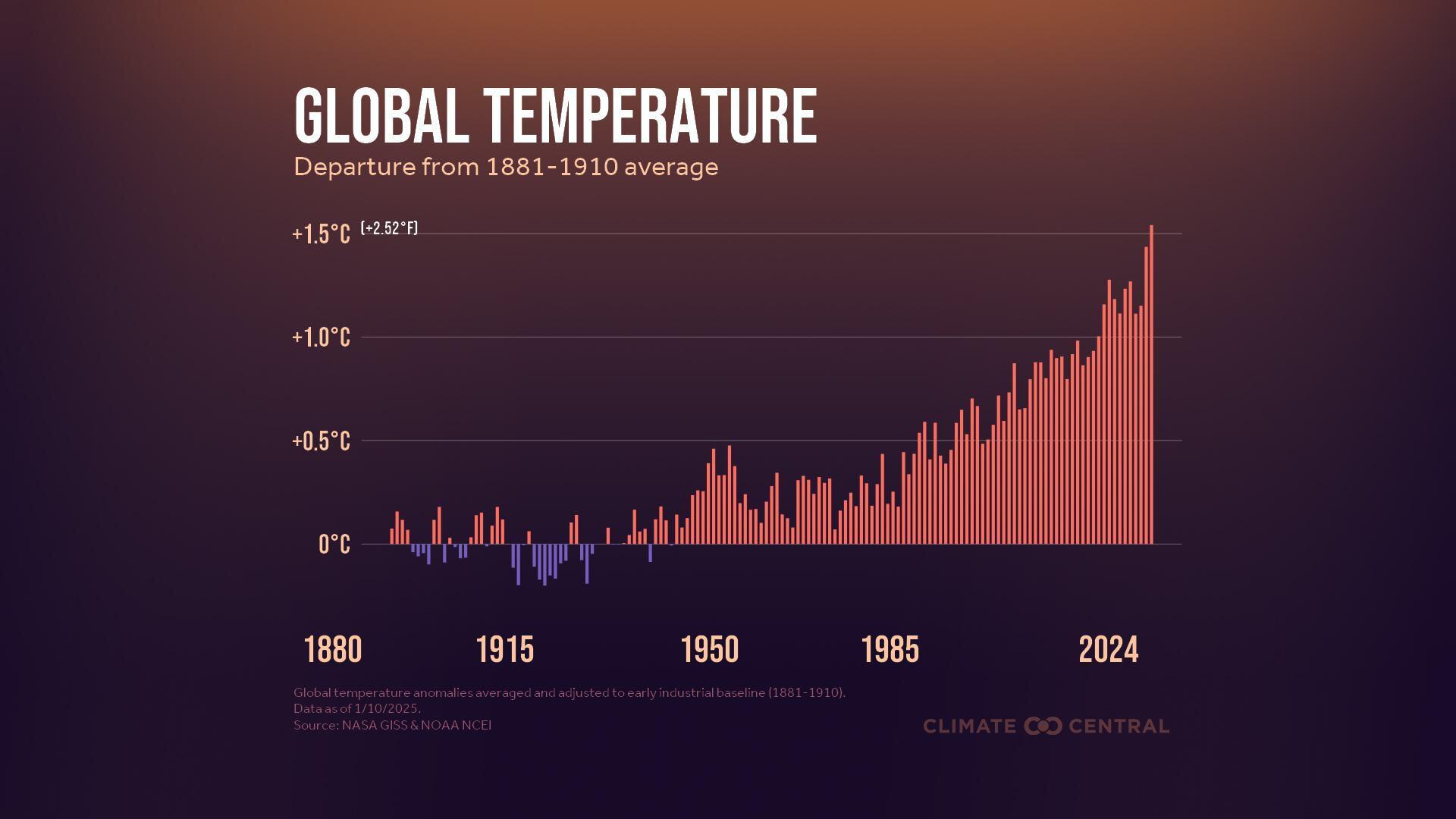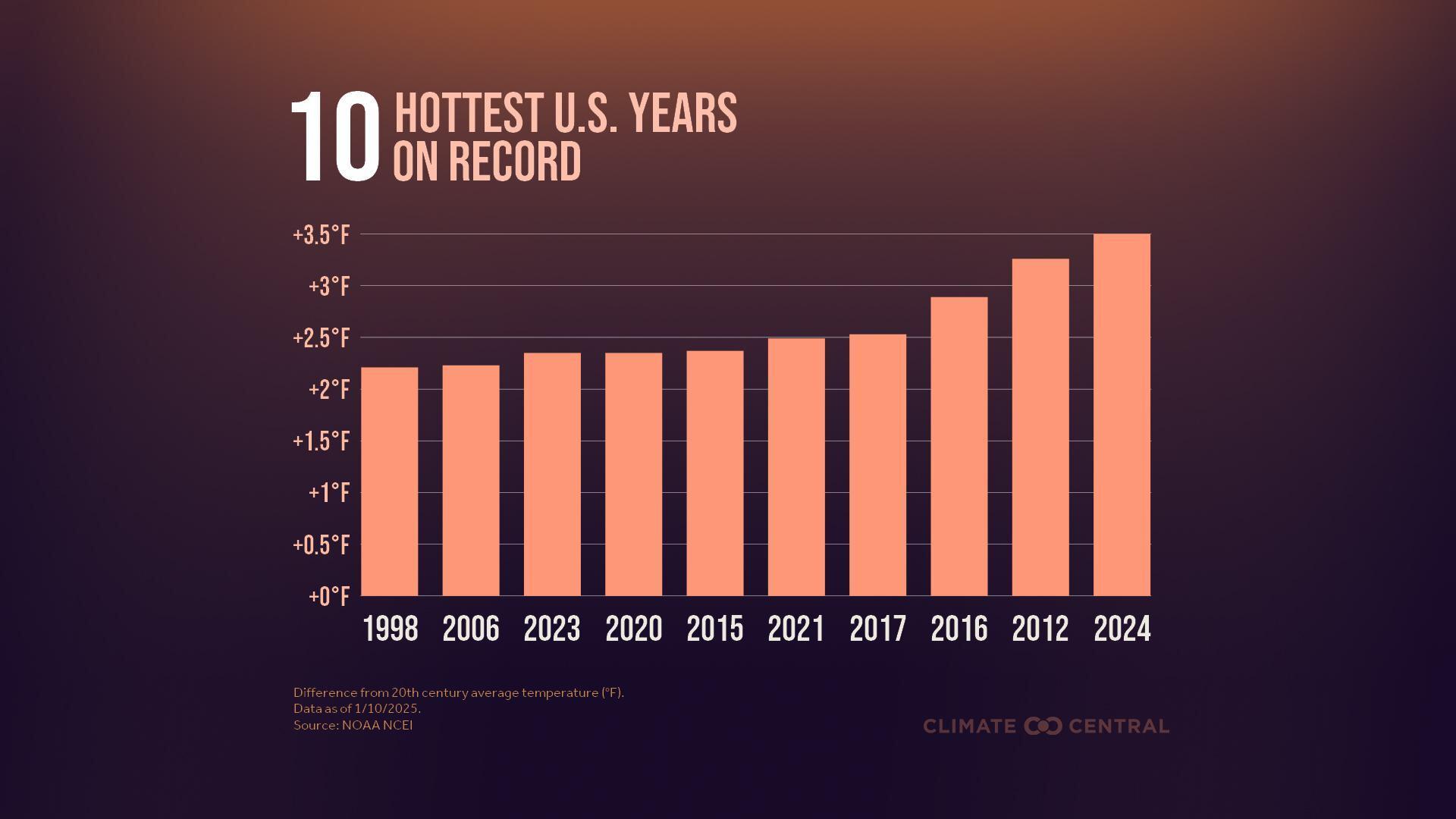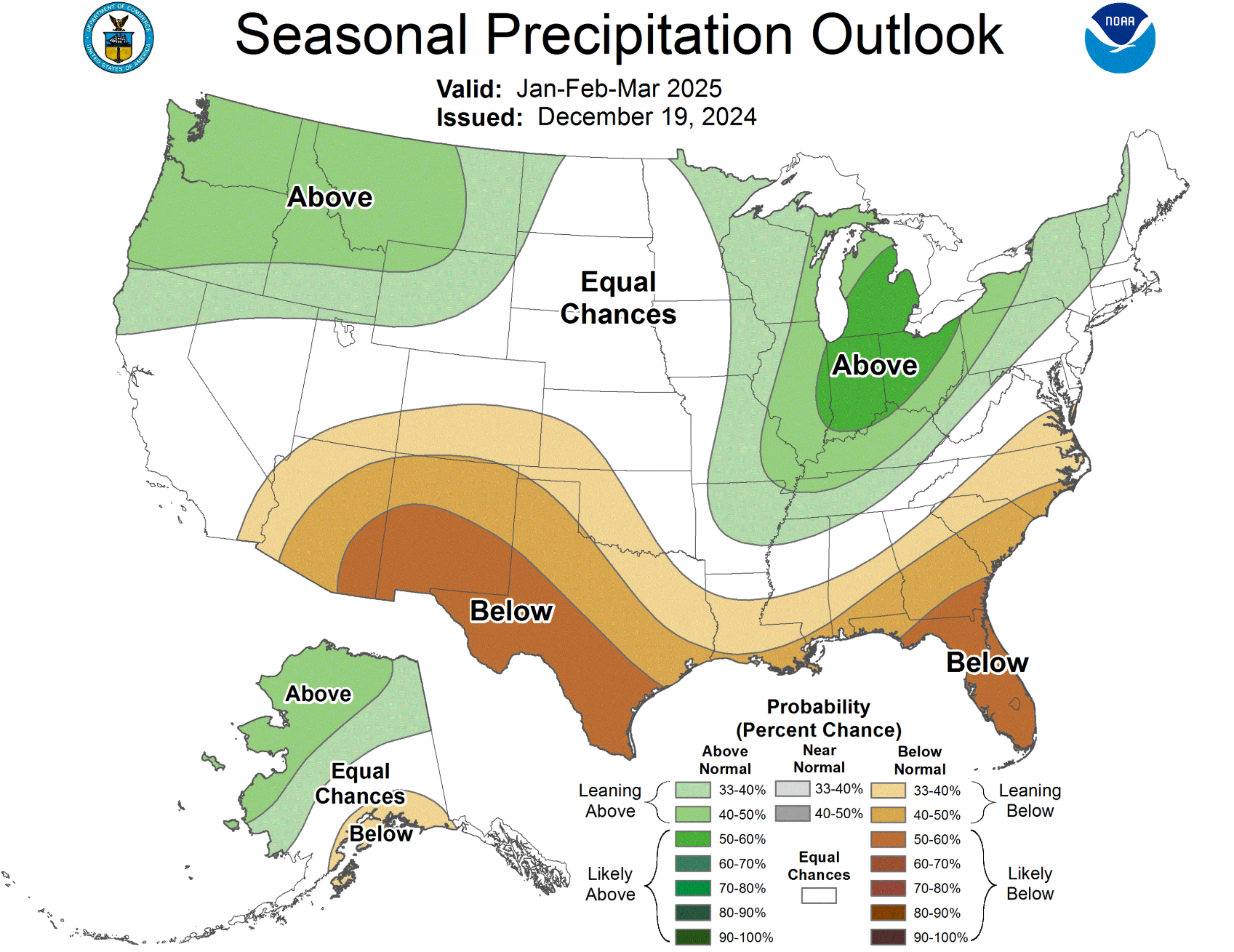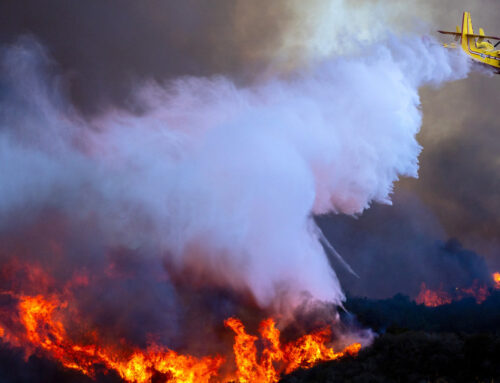2024 was officially Chicago’s hottest year on record. Here are the statistics.
January 14, 2025
CHICAGO — The figures are in and 2024 was the hottest year ever recorded for Chicago, for the United States, and across the globe, according to Climate Central.
Over 145 years of record keeping, the global temperature in 2024 ranked the highest at 2.77 degrees above the baseline average.

Climate Central
Not only was 2024 the hottest year globally, but also nationally. 2024 had an annual average temperature of 3.5 degrees above the 20th-century average. Last year broke the 2012 benchmark for the hottest U.S. year on record. The eight warmest years for the U.S. have all occurred since 2012.

Climate Central
Locally in Chicago, temperatures also got to record warmth in 2024, and Chicago was 8% drier than normal.
Clearly we were not alone, as it was also the hottest year on record for 31% or 76 out of the 243 U.S. cities which are observed and analyzed by Climate Central. Locations like Detroit, Houston and Minneapolis also experienced record heat in 2024.
Our warming climate fuels storms, making them larger and stronger. The United States experienced $27 billion in weather and climate disasters in 2024, and is already off to a noticeably busy start for 2025.
Looking ahead to the Climate Prediction Center’s three-month temperature and precipitation outlook across the nation for January, February and March, temperatures in the southern half of the continental U.S. are expected to be above average with drier conditions.
In the High Planes to the northwest Pacific, below-average temperatures are forecasted with above-normal precipitation levels. Equal chances of above and below-average temperatures in Chicago with above-average precipitation in the form of rain and/or snow.

NOAA
Featured Local Savings
Search
RECENT PRESS RELEASES
Related Post





